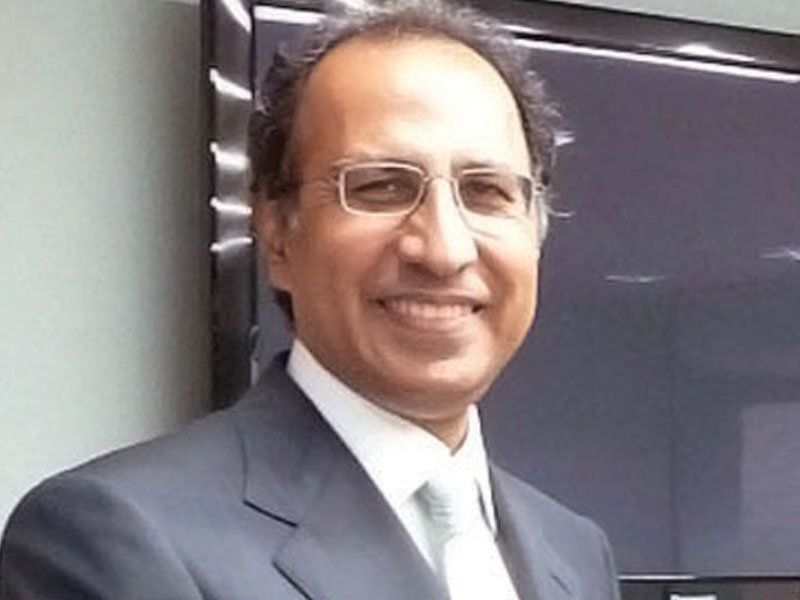
So what next for Dr Shaikh? There is overwhelming unanimity in the off-the-record and anonymous tip-offs that he is going to figure in the incoming caretaker set-up. Some say he left the post of finance minister because he is going to be the government’s top choice for prime minister. Some say he is going to be chief minister of Sindh in the interim set-up. But he is not without opposition either. Many feel he is too close to the army because he served as privatisation and investment minister during General (retd) Pervez Musharraf’s tenure and might face objections on these grounds.

Many feel he let the country down, economically. The rupee has hit a historic low. There are just enough foreign reserves for two months’ worth of imports. In 2008, such a situation prompted a balance of payments crisis, which only ended when the IMF offered a bailout package of $11 billion. In 2011, that programme was suspended after Dr Shaikh was unable to push through key reforms, most notably, widening Pakistan’s tax base. Of course, this failure is not his alone, but in politics, there is always a scapegoat, and some feel, this time, it was Dr Shaikh.
Published in The Express Tribune, February 21st, 2013.
COMMENTS (3)
Comments are moderated and generally will be posted if they are on-topic and not abusive.
For more information, please see our Comments FAQ








1734946202-0/Express-Tribune-(6)1734946202-0-270x192.webp)
1732012115-0/Untitled-design-(14)1732012115-0-270x192.webp)
1734899716-0/image-(15)1734899716-0-270x192.webp)







These technocrats are pathetic. They work with dictators and show performance with American aid money.....
What exactly was he guarding? He seemed to be just sitting there.
The sad truth is that in order for a finance minister to be effective in Pakistan, he is required to have political clout. And to have political clout in Pakistan, it is often the case that one will be ringing in favors for elected representatives.
In the case of Mr. Shaikh, he was an academic who was unable to engender key changes required for Pakistan's economy because of the lack of influence he had in parliament. Alongside this, being asked to increase the cost of items like sugar and wheat by those from respective industries is par for the course. Denying such requests is rarely an option for ministers like Mr. Shaikh, who have zero political influence.
And to further complicate things, Pakistan's Central Bank is not autonomous, and instead has to answer to the finance ministry. When the finance ministry is taking its orders from the incompetent and the corrupt, chances are the Pakistan's Central Bank won't be the source of sound policy.